Metabolism

Serine/threonine kinase AMPK upregulates glucose uptake by promoting the expression and function of glucose transporters. AMPK is activated by increased AMP/ATP ratio, resulting from cellular and environmental stress, e.g. low glucose, heat shock, hypoxia and ischemia. AMPK activation positively modulates signaling transductions that refill ATP levels. Moreover, it also stimulates catabolic processes such as fatty acid oxidation and glycolysis through inhibition of ACC and activation of PFK2. AMPK negatively regulates various proteins which are important to ATP-consuming mechanisms, e.g. mTORC2, glycogen synthase, SREBP-1, and TSC2, causing the downregulation/inhibition of gluconeogenesis and glycogen, lipid and protein synthesis.
-
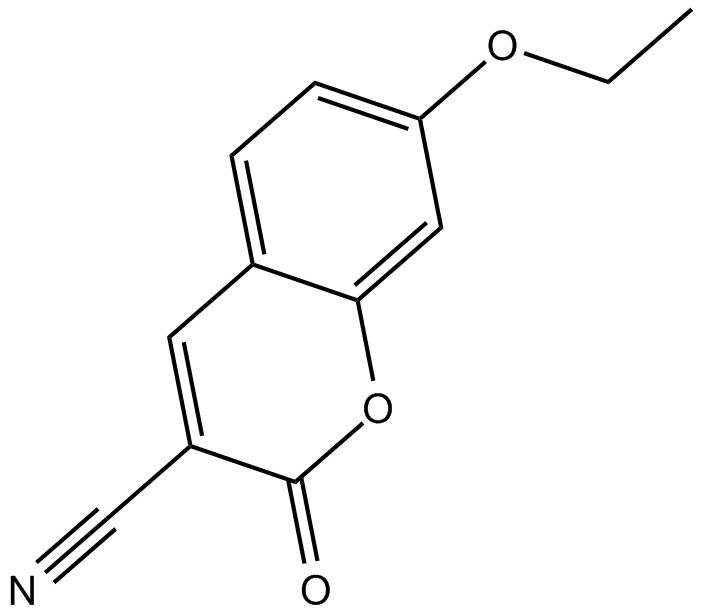 B7714 3-Cyano-7-ethoxycoumarinSummary: Fluorescent P450 substrate
B7714 3-Cyano-7-ethoxycoumarinSummary: Fluorescent P450 substrate -
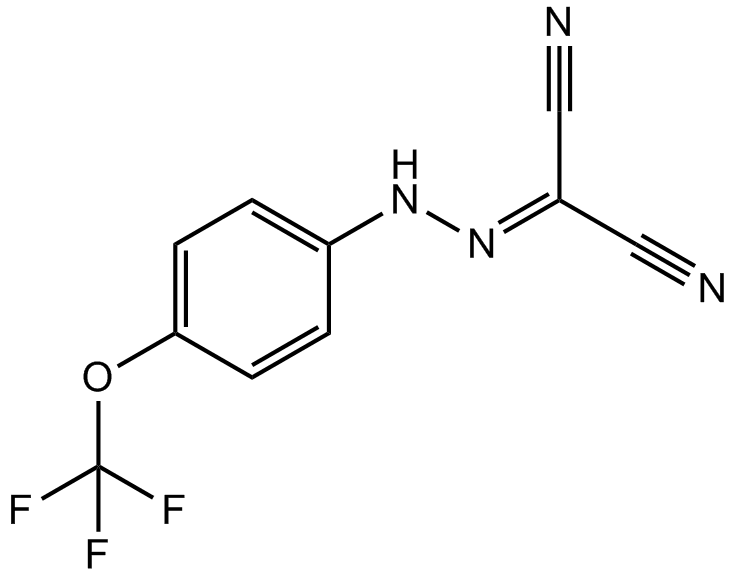 B5004 FCCPSummary: uncoupler of oxidative phosphorylation
B5004 FCCPSummary: uncoupler of oxidative phosphorylation -
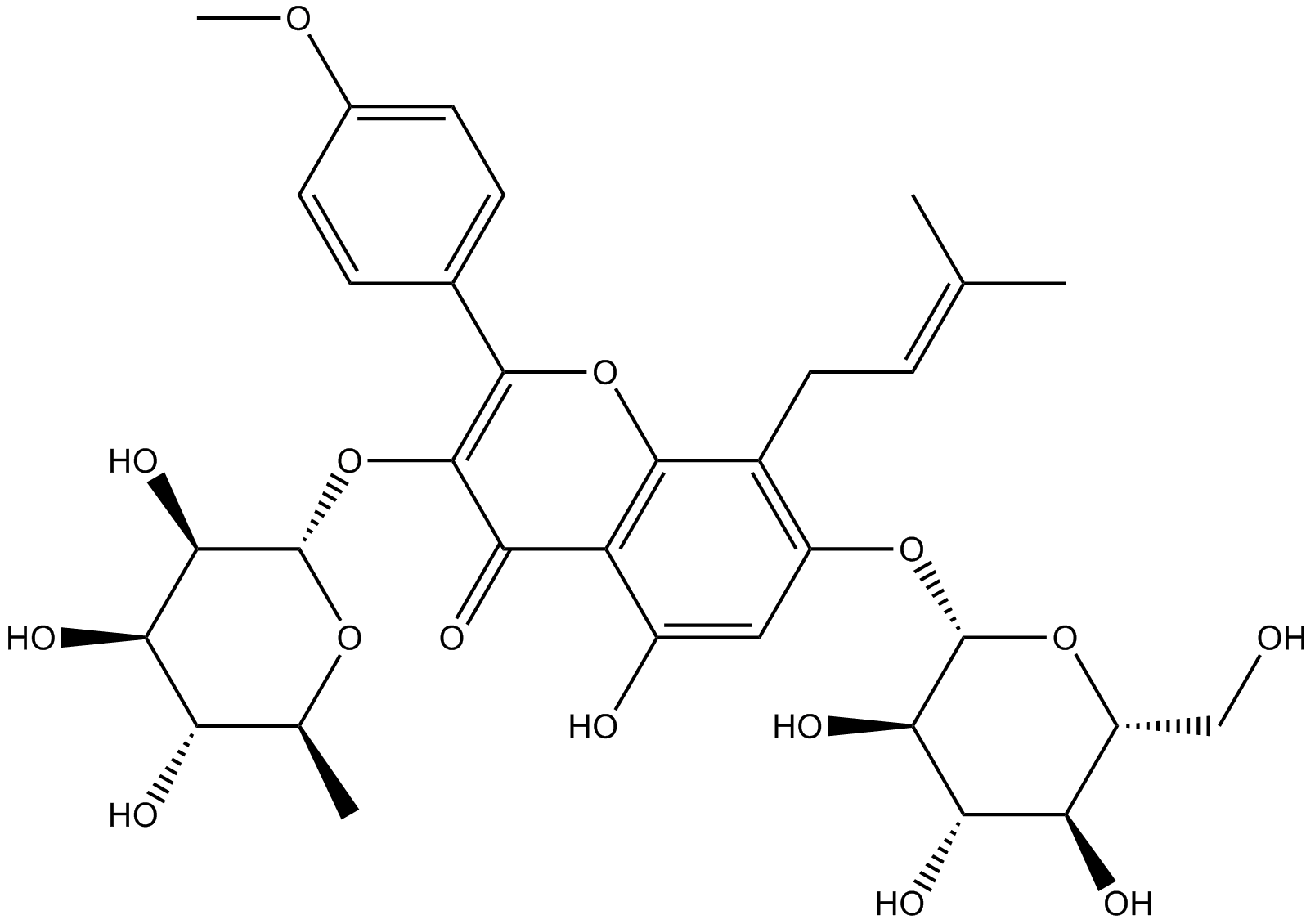 N1705 IcariinSummary: PDE5 inhibitor
N1705 IcariinSummary: PDE5 inhibitor -
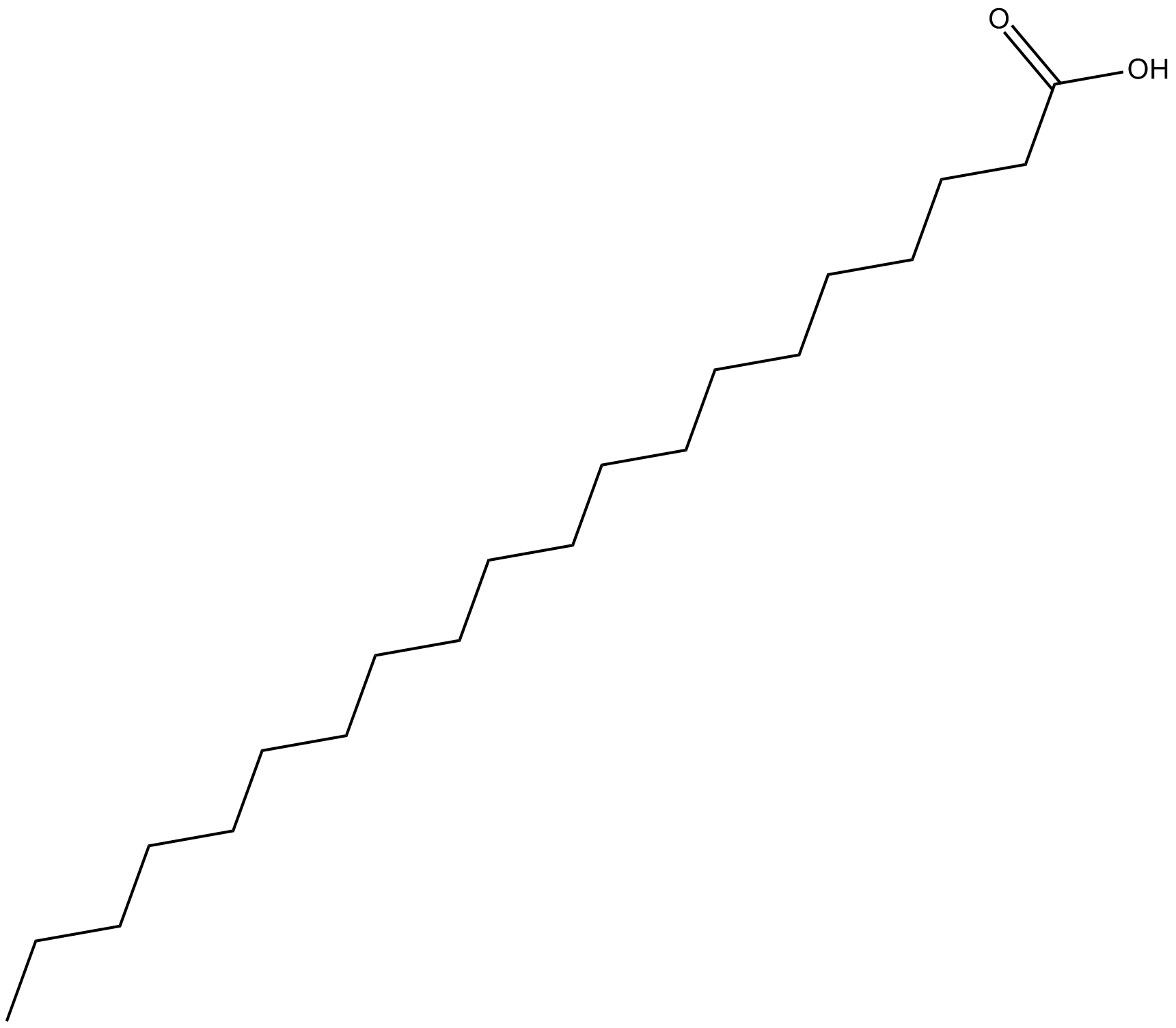 C5811 5,8,11-Eicosatriynoic AcidSummary: nonselective inhibitor of lipoxygenases (12-LO)
C5811 5,8,11-Eicosatriynoic AcidSummary: nonselective inhibitor of lipoxygenases (12-LO) -
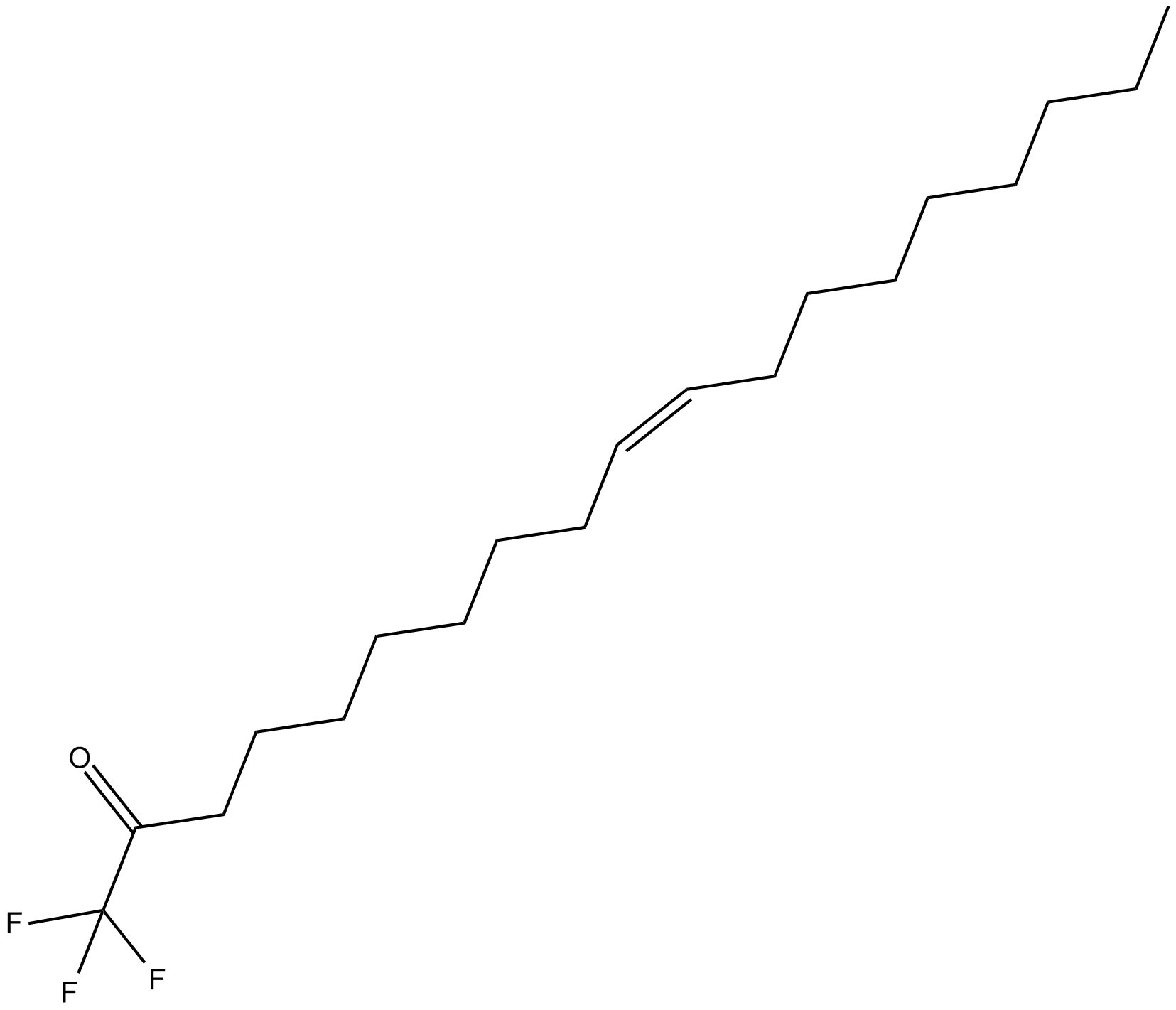 C5719 Oleyl Trifluoromethyl KetoneSummary: potent inhibitor of FAAH
C5719 Oleyl Trifluoromethyl KetoneSummary: potent inhibitor of FAAH -
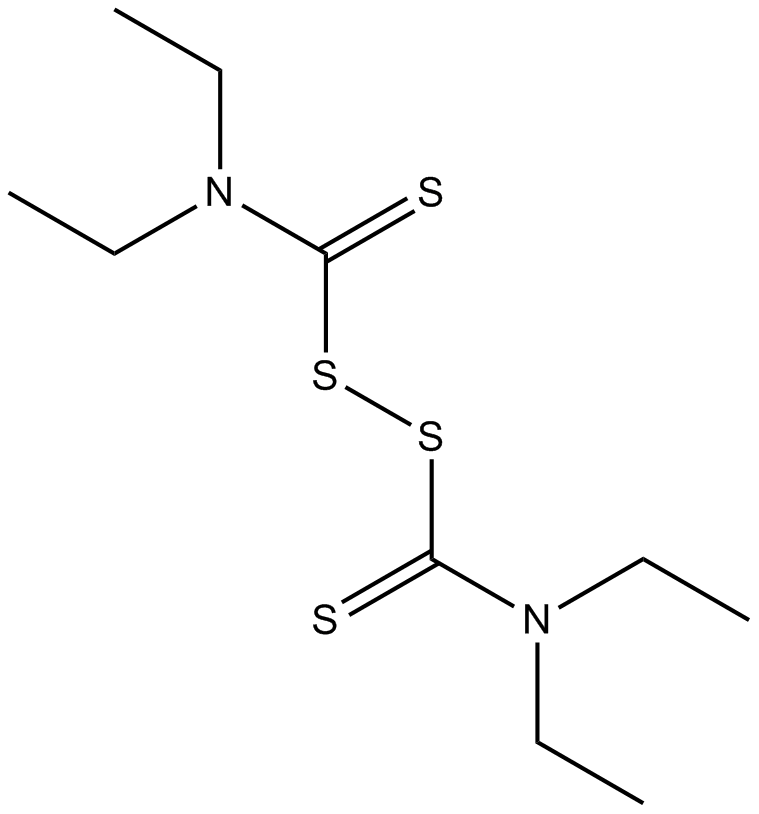 A4015 DisulfiramTarget: Aldehyde DehydrogenasesSummary: Dopamine β-hydroxylase inhibitor
A4015 DisulfiramTarget: Aldehyde DehydrogenasesSummary: Dopamine β-hydroxylase inhibitor -
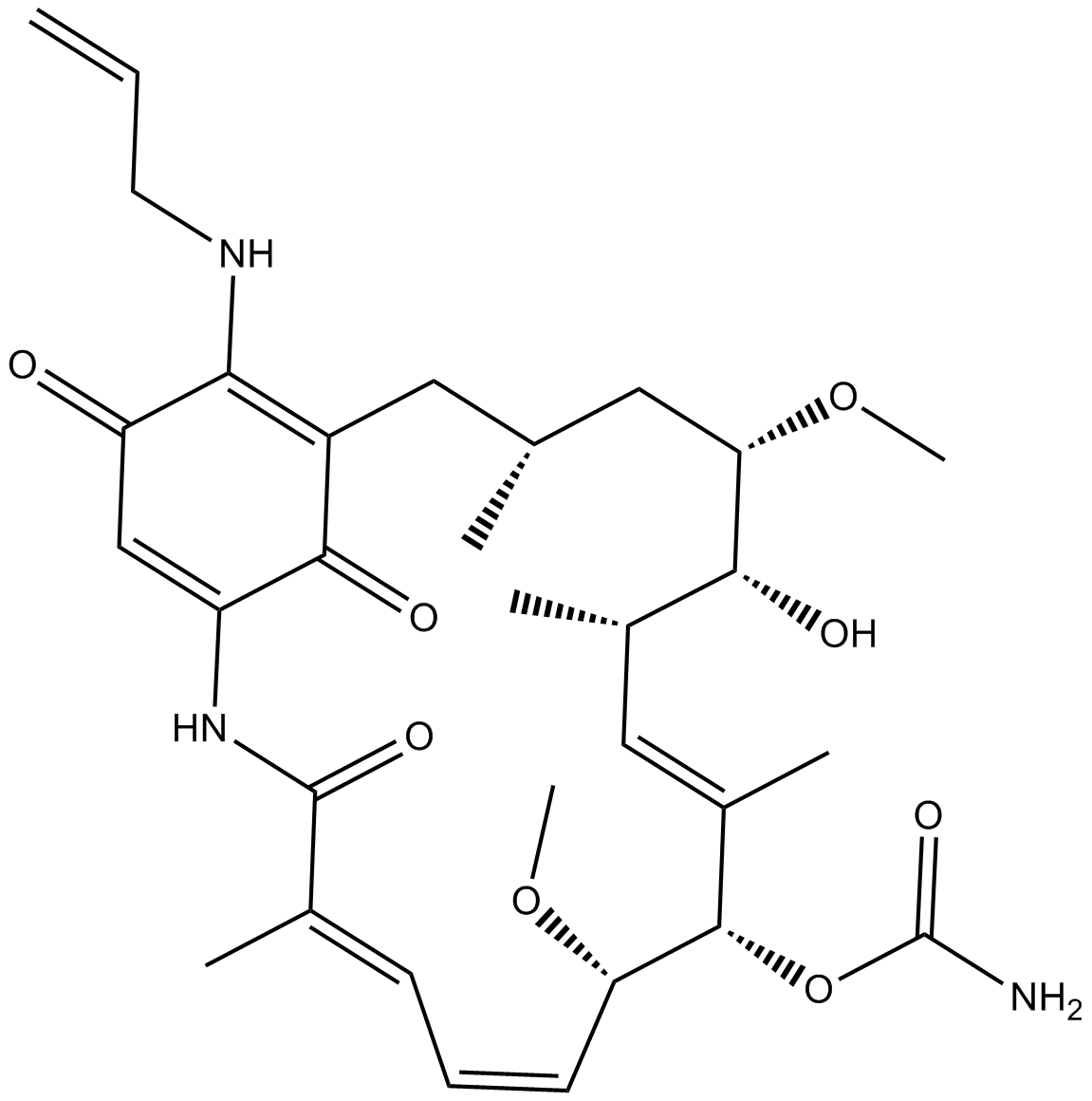 A4054 17-AAG (KOS953)3 CitationSummary: Hsp90 inhibitor
A4054 17-AAG (KOS953)3 CitationSummary: Hsp90 inhibitor -
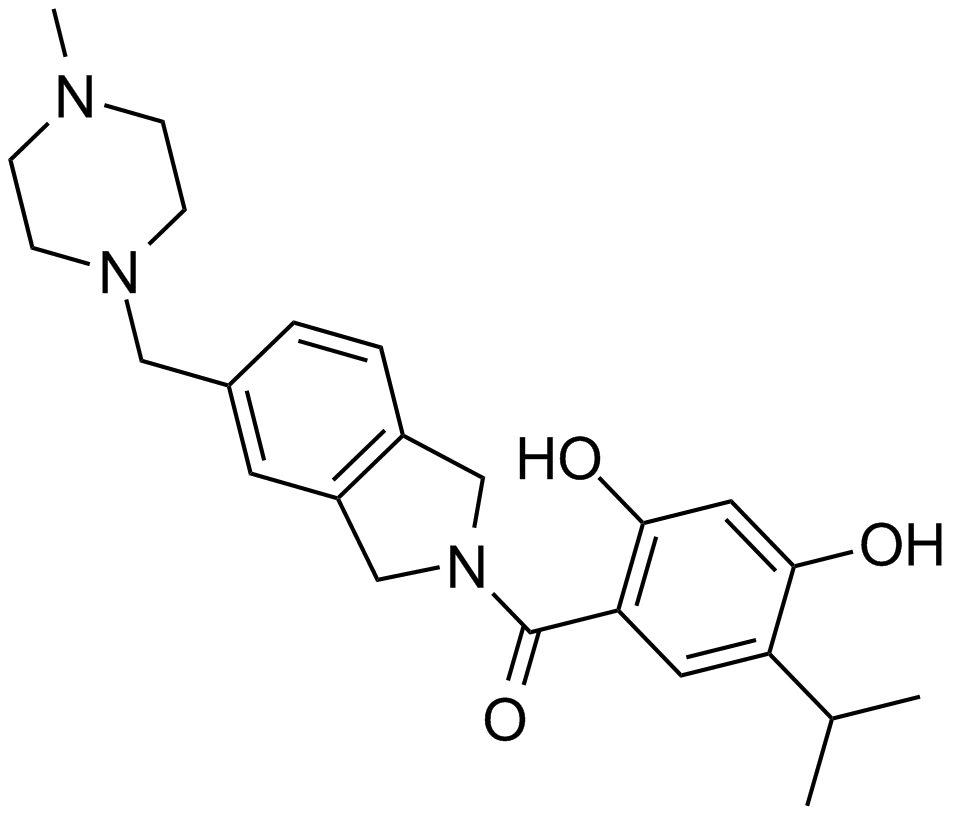 A4056 AT13387Target: HSP90Summary: Hsp90 inhibitor
A4056 AT13387Target: HSP90Summary: Hsp90 inhibitor -
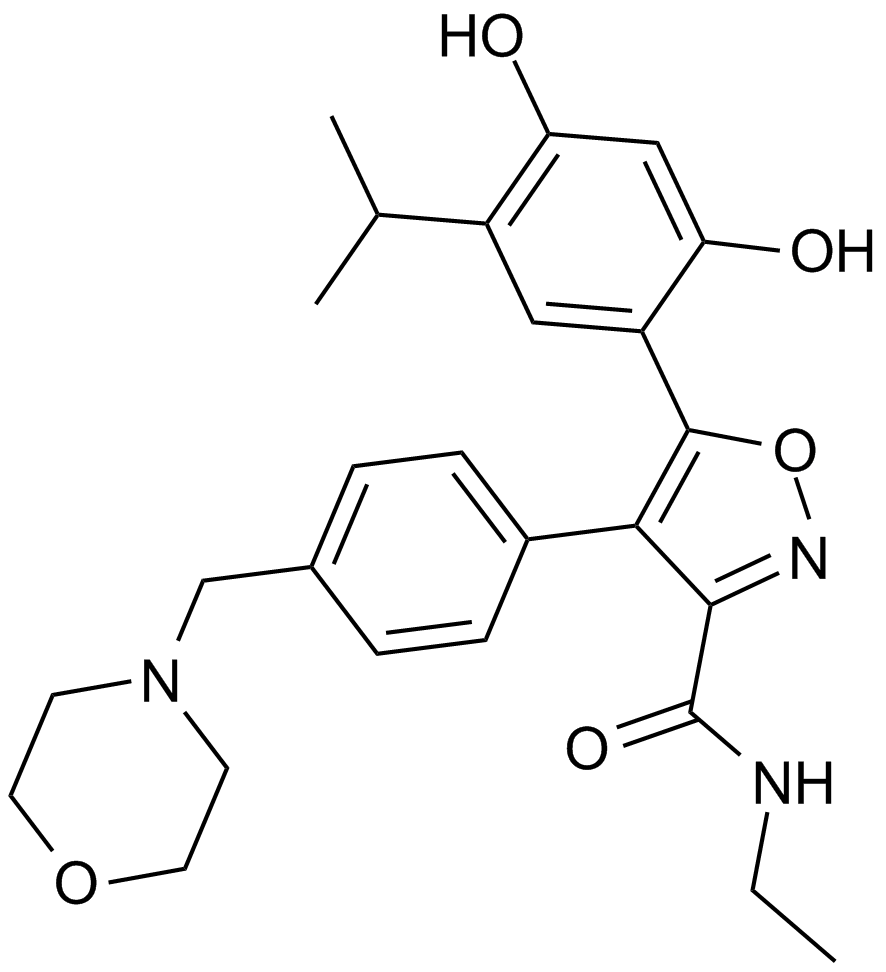 A4057 AUY922 (NVP-AUY922)1 CitationTarget: HSP90Summary: Potent Hsp90 inhibitor
A4057 AUY922 (NVP-AUY922)1 CitationTarget: HSP90Summary: Potent Hsp90 inhibitor -
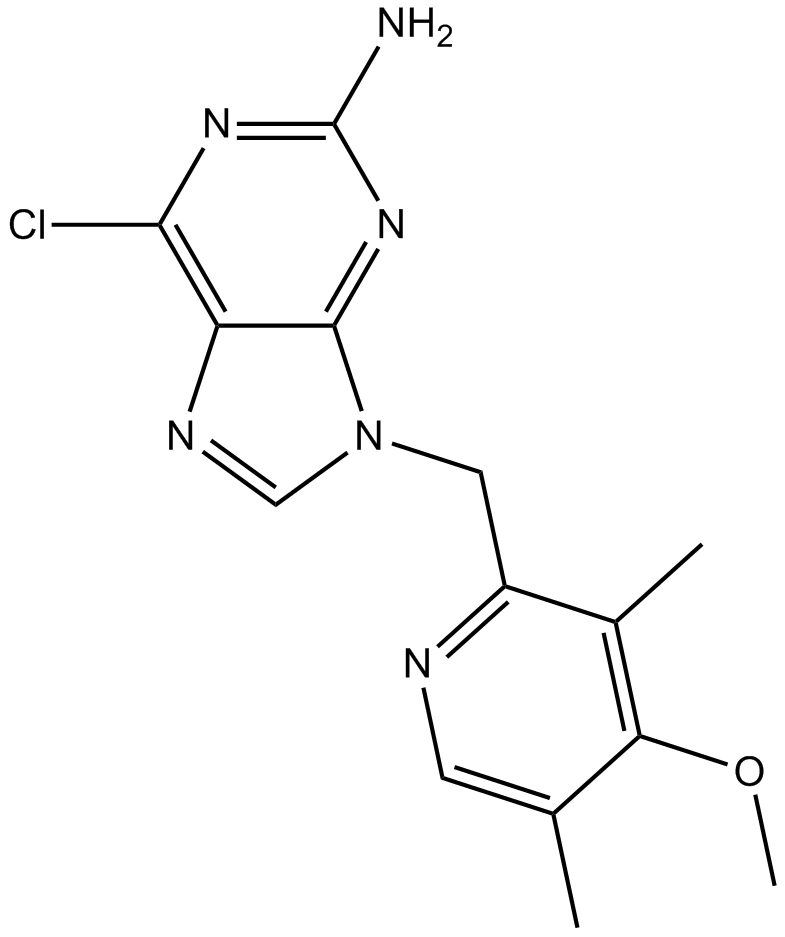 A4058 BIIB021Target: HSP90Summary: Hsp90 inhibitor,selective and competitive
A4058 BIIB021Target: HSP90Summary: Hsp90 inhibitor,selective and competitive

